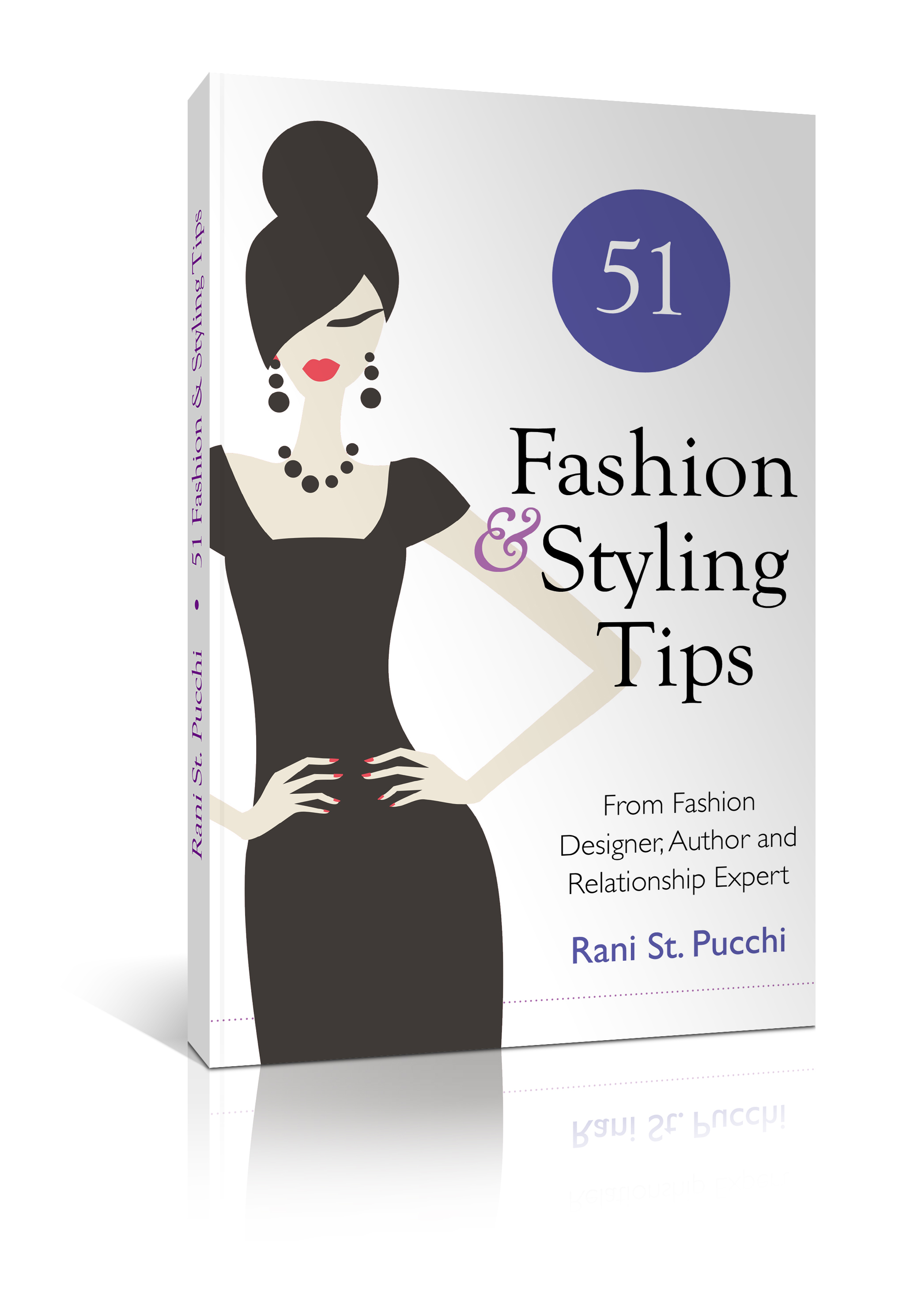“You’ve been criticizing yourself for years and it hasn’t worked.
Try approving of yourself and see what happens.”
How many of us wish we had another chance to right our wrongs or an opportunity do it all over again? Whether it’s in our relationships or our career, our health or the lifestyle we adopted?
Many people are lying in their graves whose business still remains unfinished. They never got around to living their lives on their terms or bring closure on certain issues that haunted them while alive. Regrets, disappointments and heartaches were their norm because they never felt deserving or worthy enough.
Let that not be you.
We measure ourselves, and our self-worth by standards that are not even real. We are indeed our own worst critic. It’s our own perspective, our own internal dialogue, our own head… It’s simply us. But why, you ask? Why are we so hard on ourselves?
What we value in ourselves, and what others valued when we were growing up, can make a difference in how we are living our lives today. The labels we give ourselves when depressed often emerge from a shame-based self-image, which not surprisingly, originated from the environment we grew up in.
But what happens when you believe those labels to be true? You waste your whole life believing those lies and trying to prove yourself to the world. You hunger for approval from others so that you can feel better about yourself and your place in the society and the tribe you struggle to belong to.
It’s certainly good and commendable to set high standards for ourselves, to strive hard and dream big. But when our own self-imposed high expectations cause us to turn on ourselves with nasty, self-deprecating words, it is then that we become our very own worst critics.
We critique ourselves in so many ways that our entire world exists within this bubble we have created for ourselves. We hold ourselves to a high standard of perfection and when that standard fails to be met we replay the same words over and over again in our mind. Words like, “I’m not good enough”, “How could I be so dumb”. “I never get it right” which ultimately tear us down and make us believe lies that strip us of our self-worth and sabotage our progress and hinder our growth.
When your self-image is rooted in shame, you fear being exposed as flawed, insufficient, a failure. You believe that your disappointments and failures are the logical outcomes of who you “really are”, and because your belief system has been around for a long while it is self-enforcing. The constant self-critiquing and hateful self-talk slowly kills your self-confidence and your self-esteem. It robs you of joy as you become blinded from seeing anything good and worthy in yourself.
Others may see your successes, and their words and actions may even imply how much they admire you and envy your accomplishments. But you are not likely to believe your successes are anything other than mere accidents. You give credit to others, not convinced that you are the one who made it all happen and that you ought to be patting yourself on the back and give credit where credit is due. Yes, you did it!
Be gentle on yourself and treat yourself with the kindness that you would extend to your best friend. Send healing love to yourself, stay calm and give yourself grace for the moment.
Breaking this habit requires grace. Grace enables us to move on to being more whole, one step at a time. Grace is saying to yourself, “I’m trying my best” “It’s okay”. Be more loving and compassionate as you go on this journey to becoming whole.
Self-compassion and Self-love take practice. It’s easy to let our emotions and feelings run wild. The inner turmoil can give rise to hurtful words that we speak to ourselves, words that are not true because our thoughts have been completely muddled by the opinions of others and the expectations we have imposed on ourselves.
The following steps will help you heal so that you never again allow the voices of the many critics to infiltrate your mind. :
- Identify your disappointments:
What was the original source of your disappointments? Where did these misplaced expectations stem from? What are you disappointed about in yourself, and also in others that have raised your own standards of expectations that you continue to impose on yourself? Do these expectations have any valid foundation?
- Recognize your true desires:
What do you really want and desire? What would you like to do, what are your passions, your goals, your needs and your wants? Identify these, list them and be honest in assessing whether meeting these would truly fulfill you and bring you joy.
- Be less self-critical:
You are allowed to make mistakes just like every other person. It does not make you less worthy, not dumb, nor less smart. Become more objective about your abilities and actions through the practice of self-compassion. Be deliberate in nursing positive emotions and approve of yourself more and more.
- Be mindful:
Observe your actions and reactions, and the responses of others toward you without judgment, and accept yourself without the negative labels. Nurture positive emotions deliberately and it will help lift you out of your shame-based labeling of yourself.
- Watch your internal dialogue:
Be mindful of your language because language is very powerful. It’s a declaration to what is true. Monitor and be mindful how you are talking to yourself because you are listening. If you don’t want to feel a certain way, all you have to do is turn it around and say, “I don’t need to feel this way” “I choose to give away this energy.” Now you have empowered yourself
- Practice Compassion:
One way to get past the negative conditioning is to actively develop self-compassion. When you’re feeling discouraged take a step back and look at what you’re creating, what thoughts are flooding your mind. Look at the overall big picture and stop dwelling on the little details. Send yourself unconditional love.
As you develop greater compassion for yourself you will feel loved and as a result you will start developing more positive relationships with others as well. As you nurture these relationships you will see and feel a noticeable shift. You will realize that you are enough.
“To be beautiful means to be yourself.
You don’t need to be accepted by others.
You need to accept yourself.” ~ Thich Nhat Hanh



 Rani St. Pucchi is an inspirational speaker, empowerment coach, bestselling author, image consultant, and founder and designer of St. Pucchi, the internationally acclaimed bridal fashion house. She draws on her more than 30 years in the fashion industry to help women abandon debilitating self-doubt, and become the designers of their own lives. Rani empowers thousands of women across the world with her message of body-positivity and self-love.
Rani St. Pucchi is an inspirational speaker, empowerment coach, bestselling author, image consultant, and founder and designer of St. Pucchi, the internationally acclaimed bridal fashion house. She draws on her more than 30 years in the fashion industry to help women abandon debilitating self-doubt, and become the designers of their own lives. Rani empowers thousands of women across the world with her message of body-positivity and self-love. 


